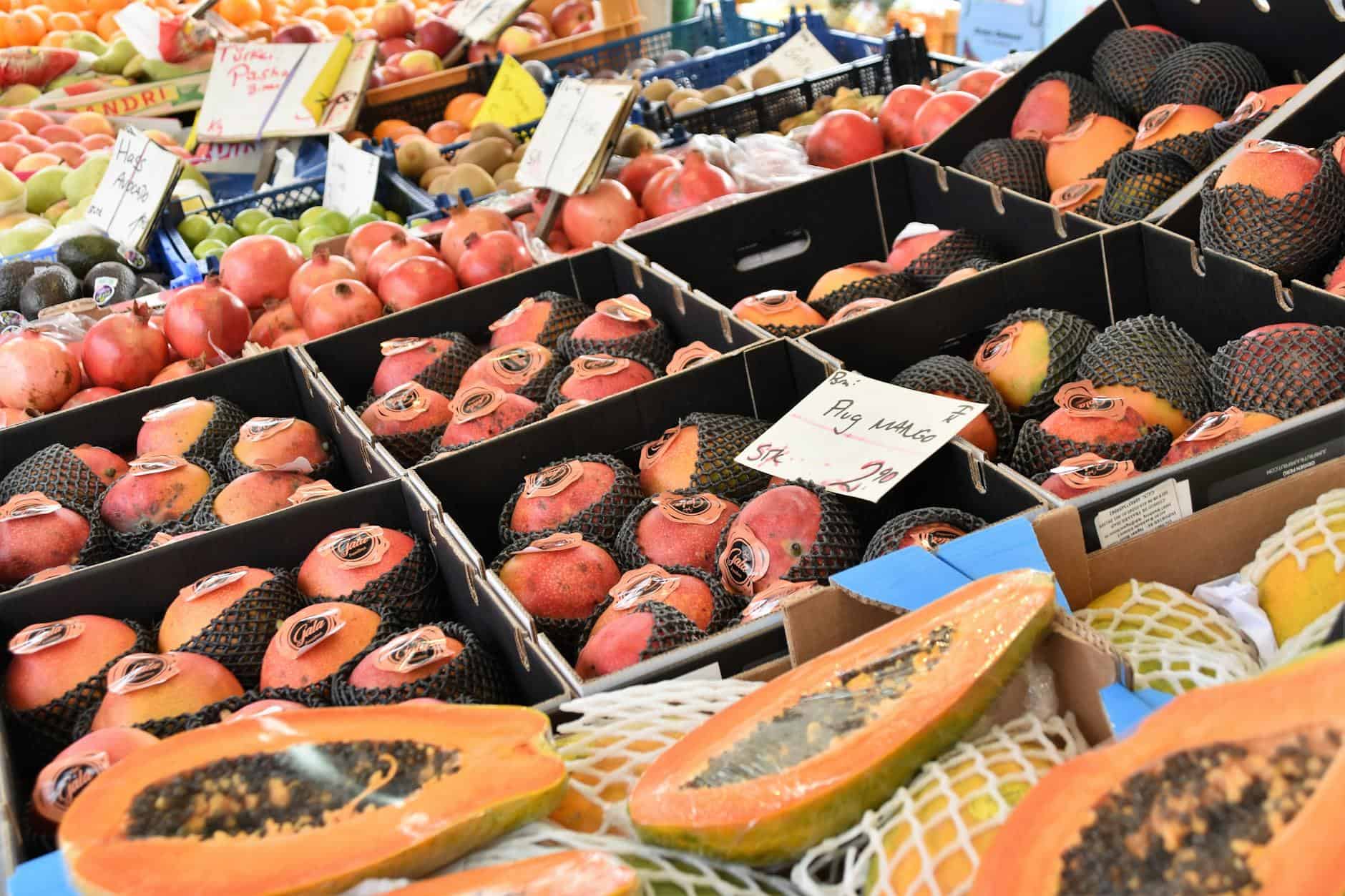From 2025, the tax free allowance for goods imported into Switzerland will fall from CHF 300 per person to CHF 150, decided the Federal Council this week. While some, such as Swiss retailers are happy with the change, many consumers and consumer associations are not. Photo by Waldemar on Pexels.comPoliticians in St. Gallen and Thurgau, two cantons bordering on Germany, have long campaigned for the complete abolition of the tax-free limit. They have even held votes on the subject. Walter Schönholzer, an elected official in Thurgau, told SRF that he thought the change was a step in the right direction, but not enough. For him, a CHF 50 limit would be the highest he would deem acceptable, but he would prefer zero. Others disagree with this position. Switzerland is well known for high
Topics:
Investec considers the following as important: Editor's Choice, Personal finance
This could be interesting, too:
Investec writes Swiss inflation falls further in January
Investec writes Catching ski pass cheats – reactions, fines and worse
Investec writes Swiss income taxes at highest level since 2008
Investec writes The rapidly fading economics of solar panels in Switzerland
From 2025, the tax free allowance for goods imported into Switzerland will fall from CHF 300 per person to CHF 150, decided the Federal Council this week. While some, such as Swiss retailers are happy with the change, many consumers and consumer associations are not.

Politicians in St. Gallen and Thurgau, two cantons bordering on Germany, have long campaigned for the complete abolition of the tax-free limit. They have even held votes on the subject. Walter Schönholzer, an elected official in Thurgau, told SRF that he thought the change was a step in the right direction, but not enough. For him, a CHF 50 limit would be the highest he would deem acceptable, but he would prefer zero.
Others disagree with this position. Switzerland is well known for high prices, a phenomenon dubbed the high-priced island. Speaking to SRF, Consumer Protection Foundation director Sara Stalder described the change as incomprehensible. According to her, it further closes the Swiss market and gives Swiss businesses the freedom to continue charging high prices. Until large retail price differences narrow people will continue to shop abroad, said Stalder.
For many products, the import tax on purchases exceeding the tax free allowance is limited to Swiss VAT, which is currently 8.1% on some items and 2.6% on others. Some products, such as meat, butter, alcohol and tobacco attract additional taxes when certain quantities are reached. For example, meat in excess of 1 kg per person attracts additional customs duty of CHF 17 per kg – more information can be found here. However, given the large price differences between Switzerland and neighbouring countries, paying a bit of Swiss VAT might be a price well worth paying.
In Basel, a city right on the borders of France and Germany, people may try to get around the new CHF 150 limit by shopping abroad more frequently, with the unintended consequence of increased traffic and vehicle emissions.
More on this:
SRF article (in German)
For more stories like this on Switzerland follow us on Facebook and Twitter.
